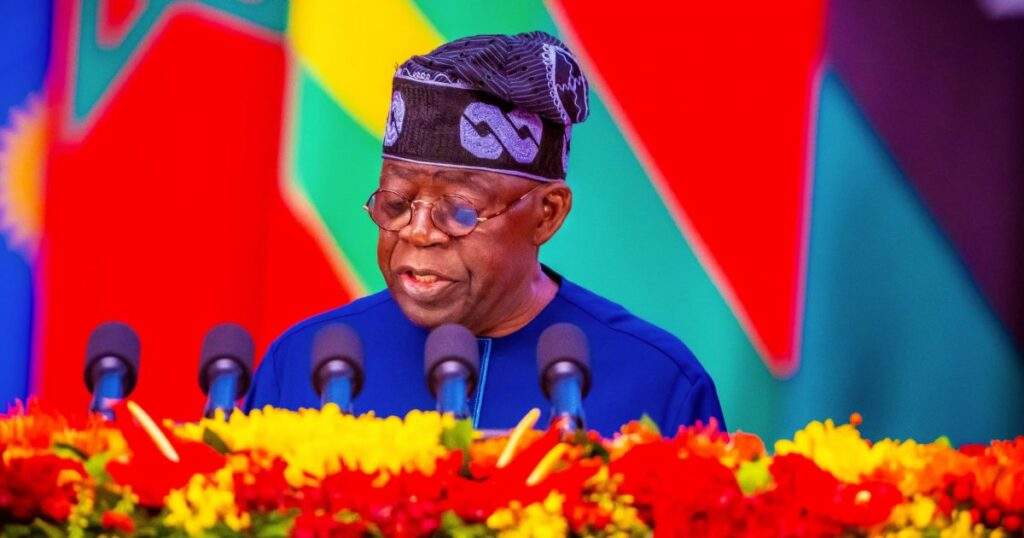Optimizing Nigeria’s Oil and Gas Industry: Stakeholders Call for Deregulation and Collaboration
A recent webinar themed "Optimising the Nigerian Oil and Gas Industry" brought together key stakeholders from the oil and gas industry to discuss challenges, opportunities, and strategic initiatives for enhancing the sector’s efficiency and sustainability. The discussion centered around the need for full deregulation of the downstream oil sector, seeking to end government price controls due to subsidies.
The Major Energies Marketers Association of Nigeria, in collaboration with other industry associations, emphasized the importance of market-driven pricing mechanisms to promote competitiveness and operational efficiency. They also reiterated the call for complete deregulation and market liberalisation, citing benefits such as improved efficiency, enhanced product availability, and increased private sector participation.
Stakeholders also highlighted the need to support local refineries to decrease dependency on imported petroleum products. They advocated for freedom for marketers to purchase crude oil from local and international sources and for refineries to enter into processing agreements with retail companies.
In addition, the discussion underscored the importance of transitioning towards cleaner energy sources, including Compressed Natural Gas and Liquefied Petroleum Gas. The stakeholders also proposed the establishment of a new committee structure in the petroleum sector, inspired by the Bankers’ Committee in Nigeria. This structure would include committees focused on enhancing collaboration within the sectors, managing interactions between the upstream and downstream sectors, and bringing together stakeholders from across the oil and gas sectors.
The oil sector investors also emphasized the need for significant investment in infrastructure to enhance distribution and storage of petroleum products. They called for the adoption of new technologies to optimize supply chains, reduce smuggling, and prevent adulteration. Business owners also emphasized implementing sustainable practices, such as reducing gas flaring, promoting renewable energy use, and investing in carbon capture and storage technologies to align with global sustainability goals.
The webinar concluded with a commitment from all stakeholders to work collaboratively towards optimizing the Nigerian oil and gas industry. Emphasis was placed on the need for strategic investments, policy reforms, and innovative practices that align with global standards and sustainability goals. The proposed establishment of the petroleum committee will serve as a key platform for fostering collaboration and guiding the sector through its ongoing transition.
The stakeholders’ proposals aim to address the challenges facing the Nigerian oil and gas industry, including infrastructure deficits, supply chain inefficiencies, and the need for a clearer and more supportive regulatory environment. The industry’s transition towards cleaner energy sources and sustainable practices is crucial for long-term sustainability and economic resilience.
